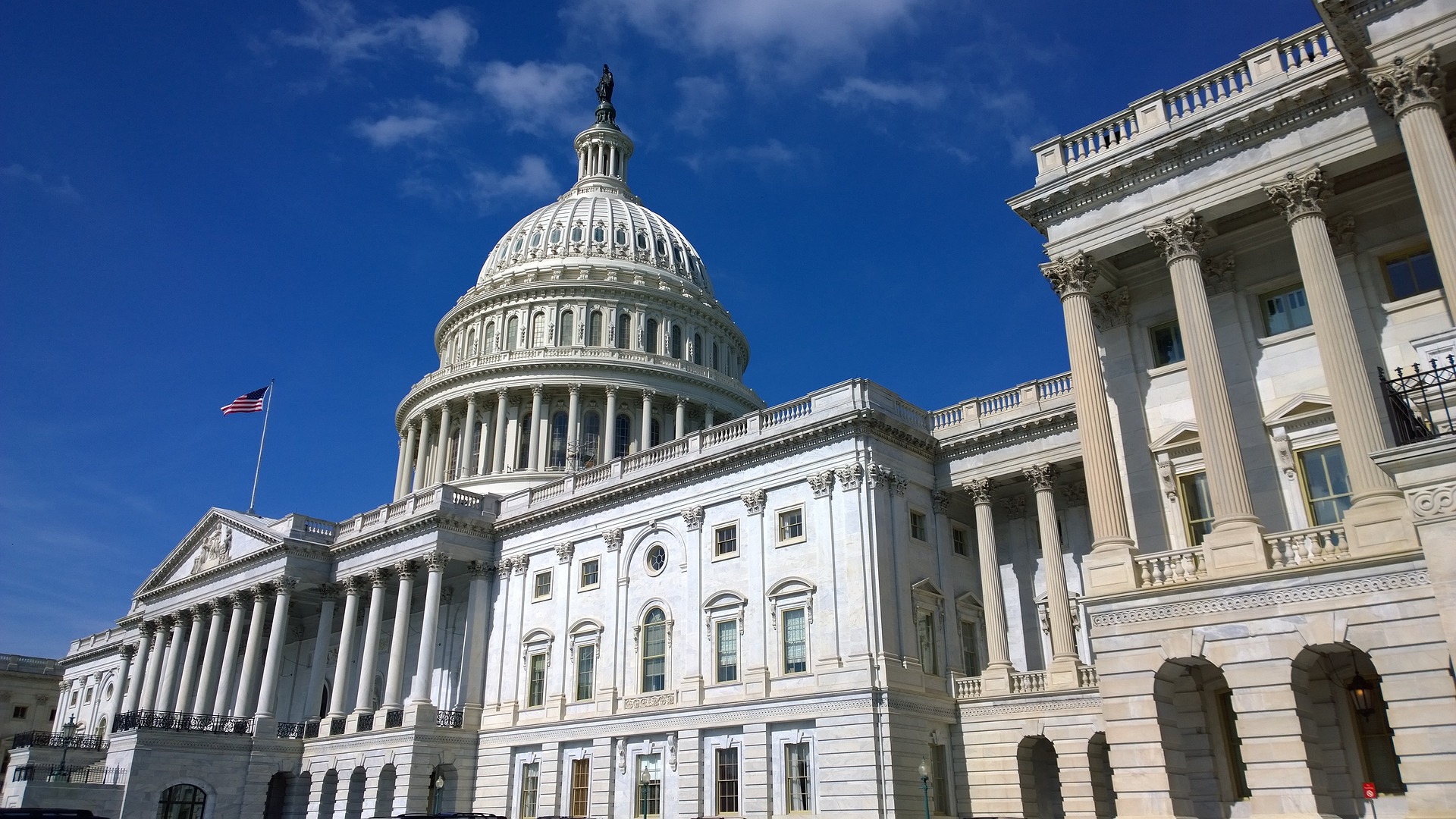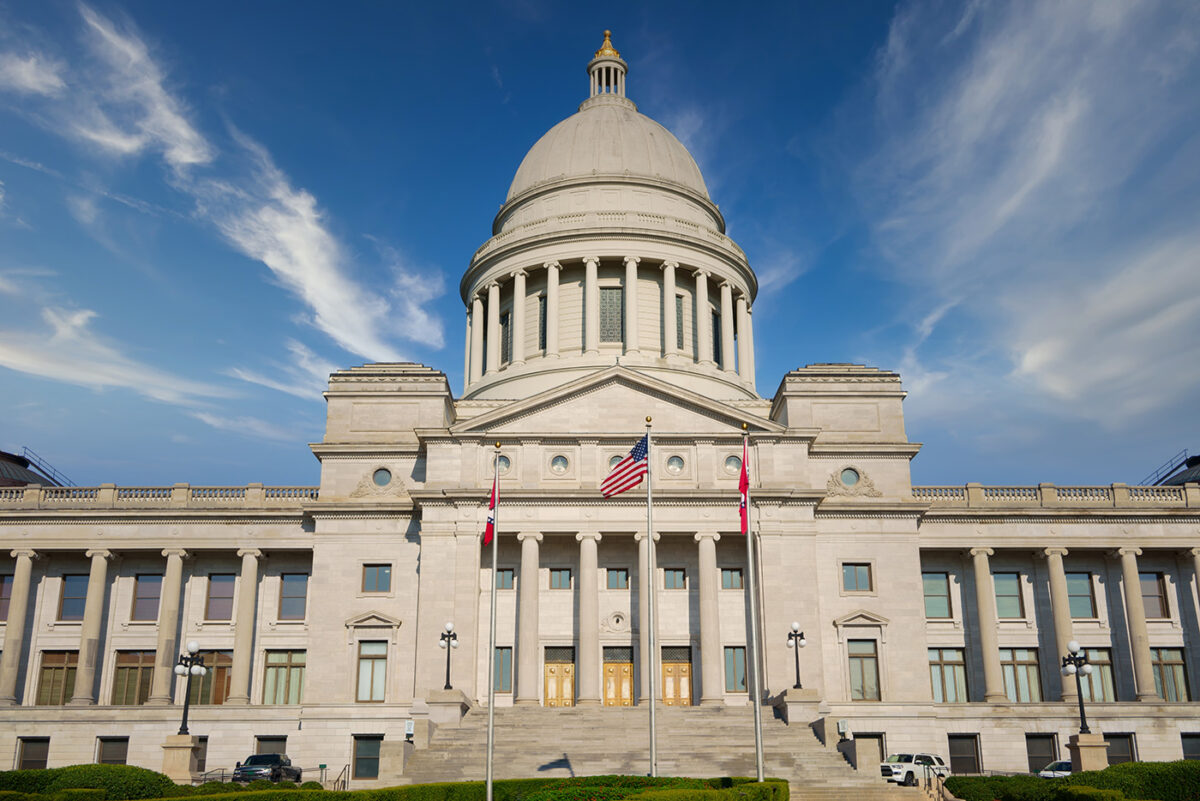
The American Rescue Plan Act of 2021 is a $1.9 trillion economic stimulus package that was recently passed by Congress and was signed into law by President Joe Biden on Thursday, March 11. In this blog post, we look at some of the key health-related provisions in the new law.
The most prominent features of this far-reaching COVID-19 relief measure are direct stimulus payments to families and an extension of unemployment benefits. However, the bill also includes important provisions that will bolster access to public and private healthcare coverage and other health-related provisions, including:
—The Health Insurance Marketplace will offer scaled-up subsidies for those purchasing individual market qualified health plans through the end of 2022.
- Individuals with household incomes from 100% to 150% of the federal poverty level (FPL) will be able to buy a silver level plan through the marketplace with no premium cost. The FPL for 2021 is $12,880 for an individual and $26,500 for a family of four.
- Individuals from 150% to 400% of the FPL will have greater protection from premium obligations than under the Affordable Care Act (ACA).
- Individuals above 400% of the FPL will be eligible for subsidies to purchase insurance through the marketplace for the first time, with their premium obligation capped at 8.5% of household income.
- Individuals experiencing job loss and receiving unemployment benefits will be eligible for subsidies regardless of household income, and they may select a silver level plan with no premium obligations and maximum cost-sharing protection.
- Individuals who lose employer-based coverage through job loss may continue that coverage at no cost through September 2021, with the federal government subsidizing the employer’s cost of the coverage at 100%.
—States have the option to extend post-partum coverage through Medicaid for new mothers up to 12 months. Currently, Arkansas offers benefits for pregnant women up to 209% of the FPL with post-partum coverage for 60 days. States that opt to extend coverage must offer full Medicaid benefits, as opposed to just pregnancy-related benefits. This new option for states is available for five years, and is welcome news for states like Arkansas with high rates of maternal mortality, especially among women of color.
—States that have not yet adopted Medicaid expansion — Arkansas did so beginning in 2014 — may elect to expand and receive an enhanced federal funding match of 5% for their existing Medicaid program for two years. This means that some states could actually save more state funds than the actual cost to expand Medicaid as permitted under the ACA, because states are already receiving an enhanced federal funding match for their traditional Medicaid programs of 6.2% under previous COVID-19 relief legislation.
—States have the option to cover COVID-19 vaccines, vaccine administration costs, and treatment through Medicaid for the uninsured. This is in addition to the already available option to cover COVID-19 testing for the uninsured. Both of these options would be federally funded at 100% of the cost.
—For one year beginning in April, states have the option to receive an enhanced federal funding match of 10% for home- and community-based services for Medicaid beneficiaries with long-term services and support needs. This is in addition to the already available 6.2% federal funding match under previous COVID-19 relief legislation.
—Under the new law, Medicaid programs are required to cover COVID-19 vaccines, vaccine administration, treatment, and testing at no cost to the beneficiary during the public health emergency and for one year after the end of the emergency. Treatment includes prescription drugs and any COVID-19-related complications.
These health-related provisions are in addition to child tax credits, rental assistance, and other provisions that help to address social determinants of health. Due to the temporary nature of many of these provisions in the law, Congress will likely have to revisit them if the pandemic endures, evolves, or experiences a resurgence.






